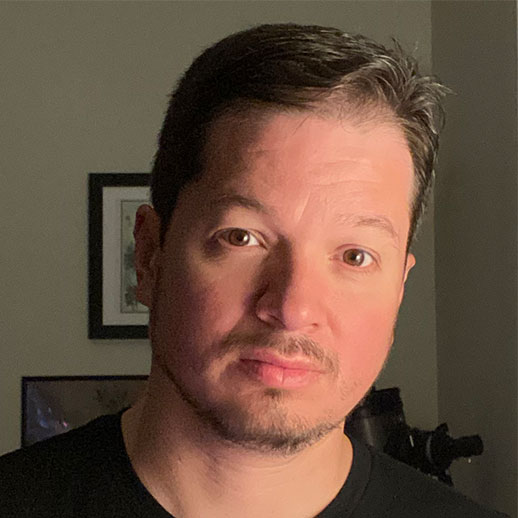Microsoft, Amazon and the rest of Seattle’s booming tech industry aren’t the only employers seeking software coders these days.

Luis Conejo Alpizar, instructor for the Certificate in Python Programming
More than ever, no matter what industry you work in, coding skills can help boost your career potential. But where should you start?
To help you figure that out, we asked UW Professional & Continuing Education instructor Luis Conejo Alpizar about some of today’s common starter programming languages and what you can do with each.
Beginner-Friendly Coding Languages
HTML: The Foundation of the web
Every website uses it, and so does every coder: HTML (HyperText Markup Language) forms the foundation of the web. You can use this markup language to build a website from scratch or tweak it to modify an existing one.
While not a programming language per se, HTML is key to web development and maintenance. Simply put, it’s code that tells a web browser how to display words and images.
Like coding generally, HTML isn’t just for people in tech. Professionals who work with web content in a variety of roles, including content managers and designers, often need to know at least some HTML so they can get under the hood and make fixes or changes themselves.
Although there are a number of tools today that make building a web page a snap, it still pays to learn HTML.
“HTML is at the core of web development,” says Conejo, a software engineer for Intel who teaches for the UW Certificate in Python Programming. “Most code written for websites will, in the end, be turned into some form of HTML that a browser can understand and more importantly, render for another human being to consume and interact with."
Projected Increase in Demand
HTML: 11.4%
JavaScript: 18.6%
Python: 24.5%
Source: Lightcast, projected increase in skill demand for 2025-27
JavaScript: Adding interactivity
If you want to add interactivity to a website, JavaScript is the language for you. With a little JavaScript know-how, you can add drop-down menus, zooming and scrolling effects, image carousels and much more to your website. This versatility has helped JavaScript remain steadily popular since its inception in 1995.
“Along with HTML, JavaScript is one of the most important tools every web developer needs to have,” Conejo says. “The good news is, it’s a relatively easy language to learn and will look quite familiar if you already have some experience in other programming languages, such as Python.”
Python: Versatile and Fun
Conceived in the late 1980s (yes, by a Monty Python fan), Python is one of the most popular programming languages for beginners. You can use Python for everything from automating different tasks (like moving files), to building web applications to mining data. Major websites like Google, Instagram and Pinterest are built on Python.
Another plus? This language’s simple syntax is relatively easy to pick up for novice coders.
“Python is a very accessible programming language,” says Conejo, who also teaches the Foundations of Python Programming course for UWPCE. “It’s something a person with essentially no background in software development can understand. But you can use it to work on things like big data, artificial intelligence and machine learning — the sky’s the limit.”
Demand for professionals with Python skills has taken off in recent years in the United States. Python was the top programming language to learn in 2023, with nearly 69,000 new jobs created, according to Coding Dojo.
But the great thing about learning to code these days is that it has such a wide range of applications.
“Nowadays, it seems like everyone is interested in developing coding skills, whether they’re a lawyer, a teacher, a banker, a geographer or whatever,” says Conejo. “Being able to code is a tool they can grab and use in their work, or even just for fun.”
Get Coding
Interested in learning a programming language to help change or advance your career? Check out the programs below to get you started, or find the right programming language for you,